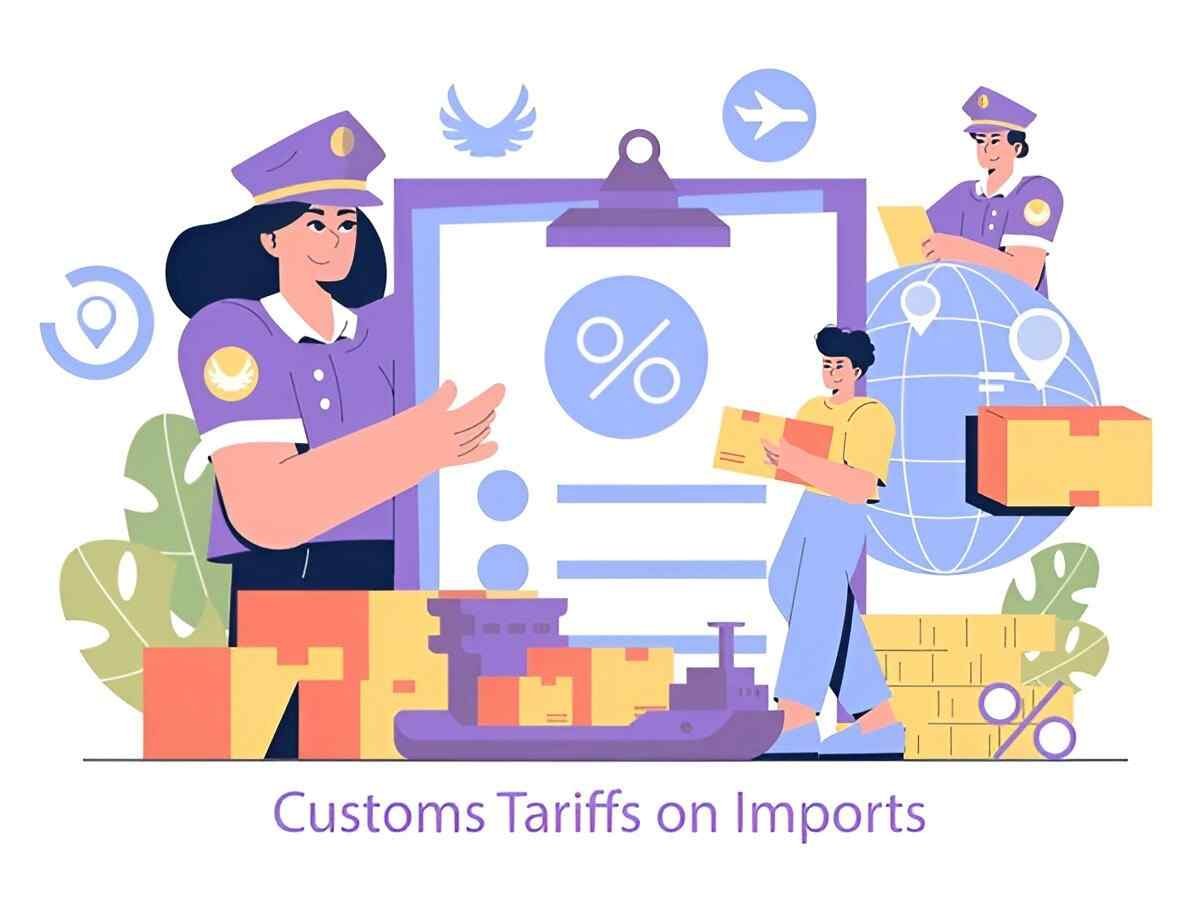A Customs Tariff is a fundamental aspect of international trade and commerce. This article aims to clarify what a Customs Tariff entails, its implications, and provide practical examples to illustrate its significance.
Table of Contents
Key Points about Customs Tariff
- Definition: A Customs Tariff refers to a schedule of duties or taxes imposed on goods when they cross international borders.
- Purpose: It serves to generate revenue for governments, regulate imports and exports, and protect domestic industries.
- Implementation: Customs Tariffs are implemented through official customs authorities and are based on the Harmonized System (HS) code.
Exploring Customs Tariff in Detail
Let’s delve into the definition, examples, and importance of Customs Tariff in global trade.
Definition and Characteristics of Customs Tariff
A Customs Tariff is a structured list that outlines the duties and taxes applicable to specific goods imported or exported from a country.
Examples of Customs Tariff
Scenario:
- Country A: Imposes a Customs Tariff of 10% on imported electronics. When a shipment of smartphones arrives from Country B, Country A’s customs authorities apply the tariff based on the declared value of the goods.
Importance and Application
Understanding Customs Tariffs is crucial for businesses engaged in international trade to navigate regulatory requirements and optimize costs.
Benefits of Customs Tariff
- Revenue Generation: Governments collect revenue through tariffs, which contribute to national budgets and infrastructure development.
- Trade Regulation: Tariffs regulate the flow of goods across borders, ensuring compliance with national laws and trade agreements.
- Protectionism: Tariffs can protect domestic industries from foreign competition by making imported goods more expensive.
Challenges and Considerations
- Trade Disputes: Tariffs can lead to trade disputes between countries, impacting diplomatic relations and global trade dynamics.
- Tariff Classification: Classifying goods under the correct HS code is crucial to determining the applicable tariff rate, requiring expertise and compliance with customs regulations.
Conclusion
In conclusion, a Customs Tariff is a critical tool used by governments worldwide to regulate trade, generate revenue, and protect domestic industries. Businesses involved in international trade must understand and adhere to Customs Tariff regulations to navigate customs clearance efficiently and cost-effectively. Moreover, staying updated on tariff changes and trade policies is essential for businesses to mitigate risks, comply with regulations, and capitalize on global market opportunities. Therefore, comprehending the intricacies of Customs Tariffs empowers businesses to strategically manage their supply chains, optimize costs, and ensure compliance in a complex global trade environment.





